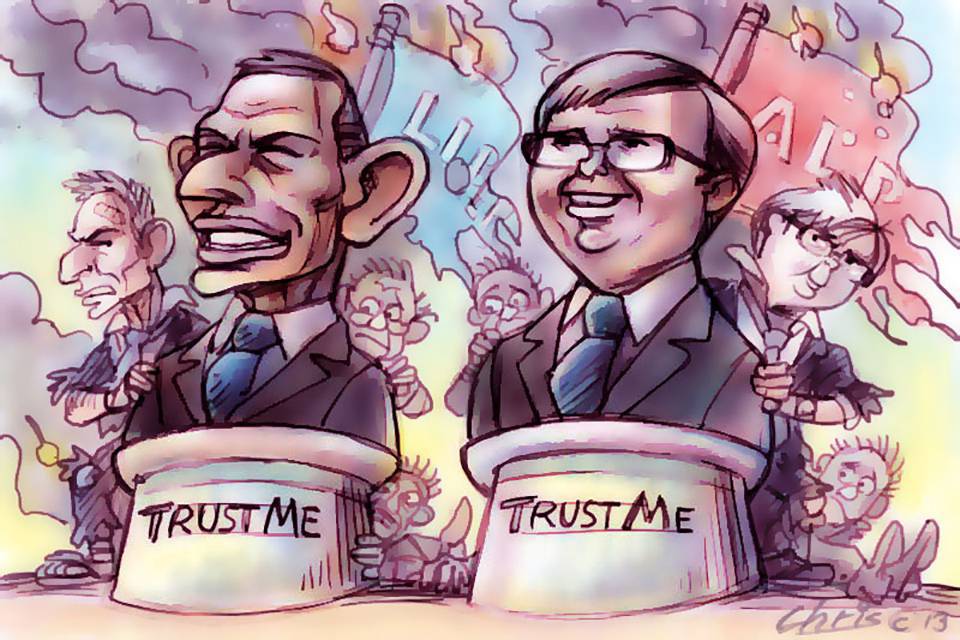FTC's Independence at Stake: Trump's Influence on Federal Agencies
President Donald Trump's nominee to the FTC, Mark Meador, supports the idea that the White House should have control over government agencies, aligning with other Republican commissioners. This move aims to challenge a long-standing Supreme Court precedent ensuring FTC's independence, sparking discussions on political influence in federal bodies.

In a significant development, U.S. President Donald Trump's nominee to the Federal Trade Commission (FTC), Mark Meador, expressed on Tuesday his belief that the White House should exert control over government agencies. This stance resonates with calls from other Republican FTC commissioners to end the agency's independent status.
Efforts from the Trump administration aim to overturn a 90-year-old Supreme Court precedent that protects leadership at the FTC and other bipartisan agencies from political dismissal. Meador stated, during his confirmation hearing, that he supports the notion of enhanced presidential control to boost voter accountability, in agreement with Justice Elena Kagan's 2001 view.
Despite declining to overtly support overturning the ruling amid ongoing litigation, Meador's position aligns with other FTC Republicans, including Commissioner Melissa Holyoak and Chairman Andrew Ferguson. Both have voiced that increased presidential control might not significantly alter the FTC's bipartisan efforts, though they acknowledge potential shifts in the agency's operational landscape.
(With inputs from agencies.)
ALSO READ
Judicial Independence: Chief Justice Roberts Rebukes Trump's Impeachment Talk
Chief Justice Roberts Defends Judicial Independence Amid Trump's Impeachment Call
Dutch Parliament Seeks Independence from U.S. Software Giants
Judicial Independence under Siege: Trump's Escalating Clash with the Judiciary
Chief Justice Roberts Stands Firm on Judicial Independence










